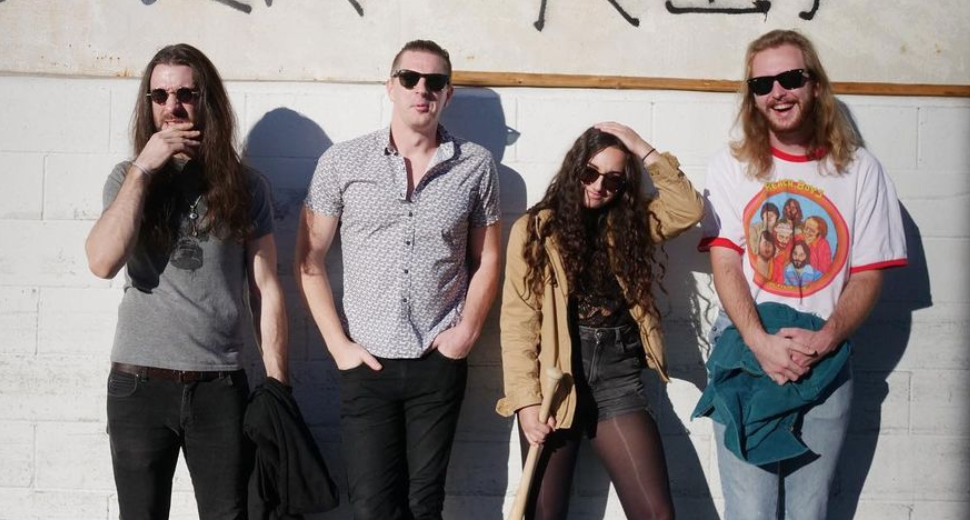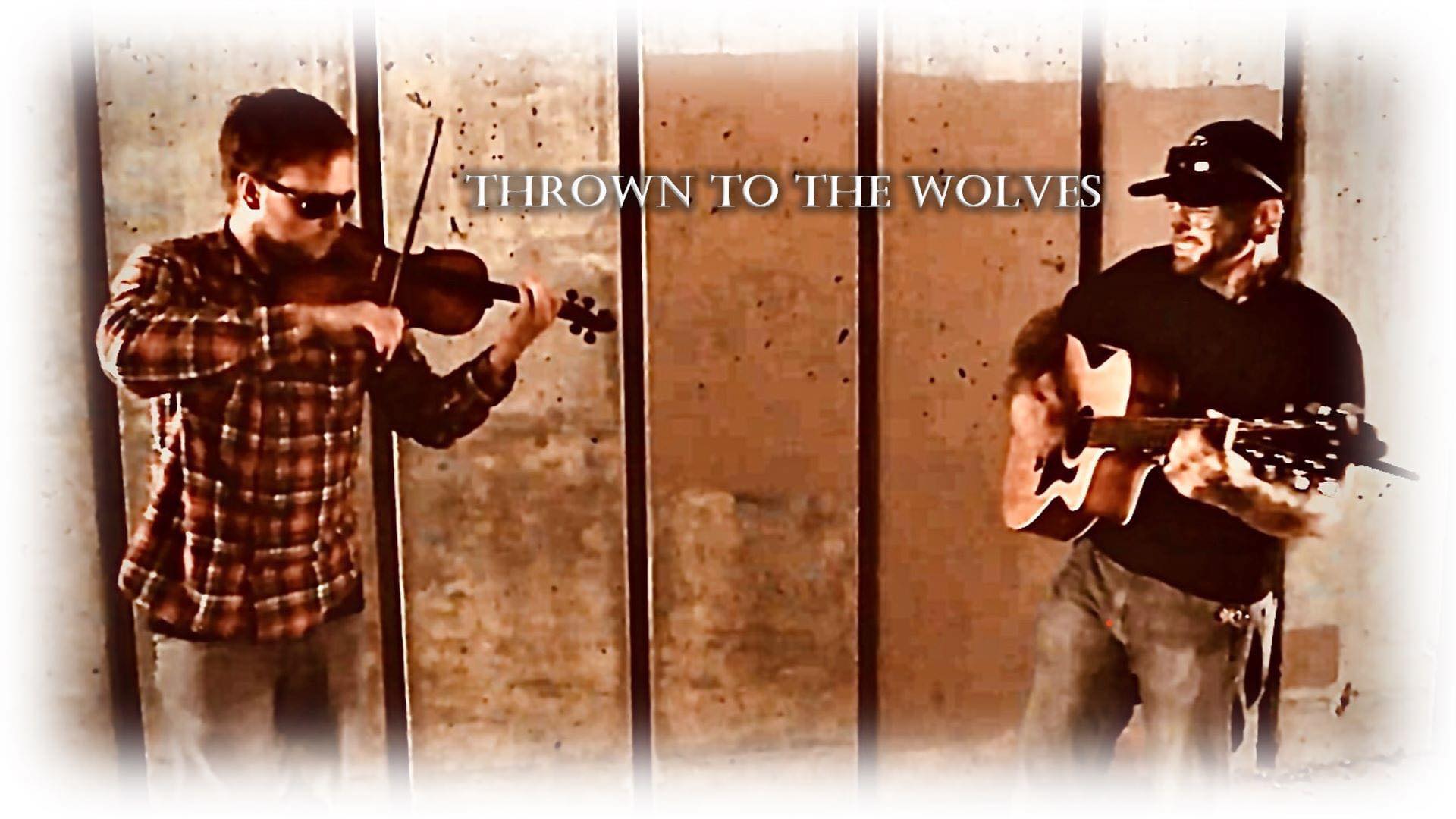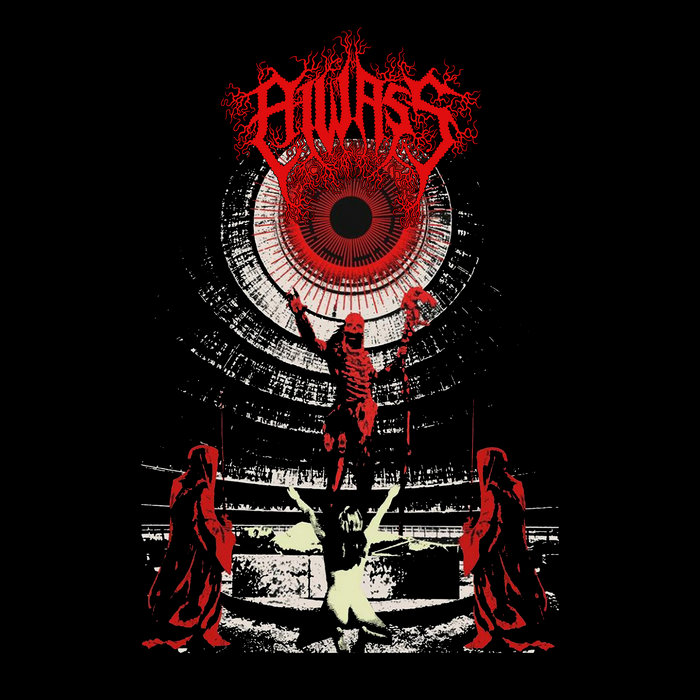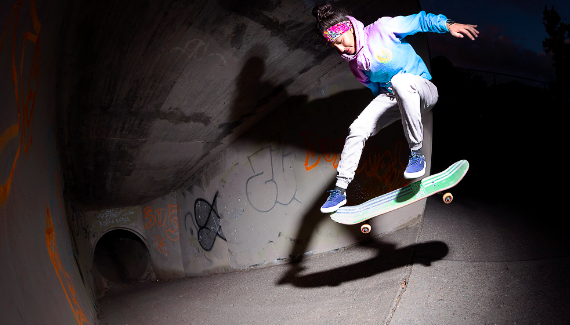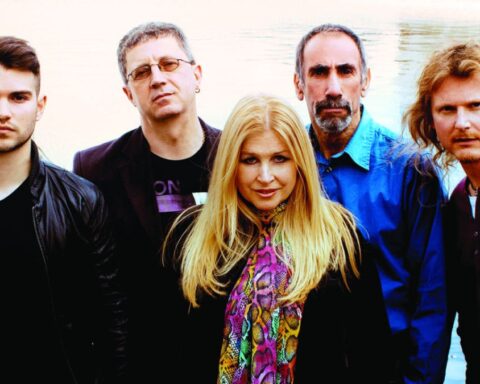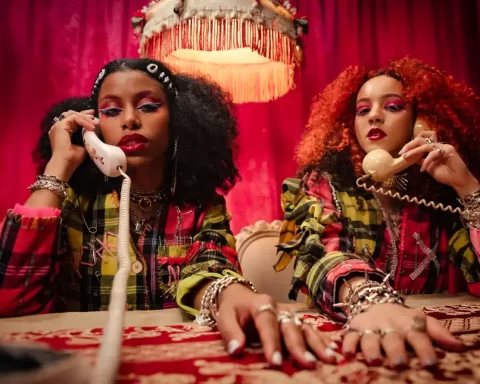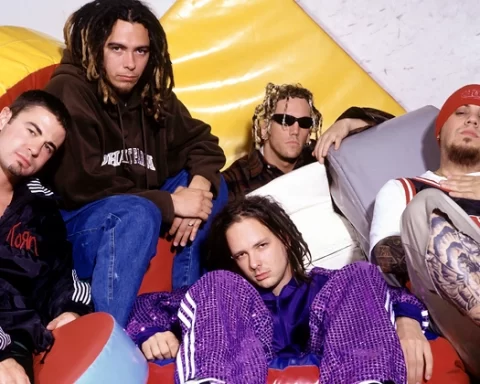Hardcore rock, in most cases, follows a format: a longhaired guy death grips a microphone and scratchily howlers about snuff and betrayal to a group of other longhaired guys filled with so much wrath.
Snappy songs, quick sets, pure energy, and aggression are like rules to the world of hardcore rockers. As Adlan Jackson wrote in The New Yorker recently: “Something you wouldn’t expect of people involved in hardcore: they actually love rules.” Turnstile gladly throws this format out of the window, avoiding every “hardcore rule or baseline.”
It started in 2010, in Baltimore, Maryland. The band gained large recognition through hardcore heterodoxy. In 2021 trippy and beloved GLOW ON was a breakthrough, bringing them more press and bigger shows. Throughout it, all have developed an audience that embraces each other and sings every word as frontman Brendan Yates dares to twirl, slide, and dance across the stage.
Turnstile prioritizes creating an inclusive space that its fans clearly adore. They don’t know the “hardcore rules” and they frankly don’t care for them. They’re internet kids who stay genuinely agnostic about the traditions of the subculture of the band they were seeing. From that point of view, Turnstile is a definitively internet-y band, in that they are also free.
My intuitive reaction to Turnstile—that they are “rule breakers” —makes me feel stuck within the ’90s ways of thought, the days when there were all sorts of rules. But for the primary time in a long time, observing Turnstile play, I felt the web as a constrain of good. My default state of intellect is that the guarantee of music on the web long prior slipped absent into the dominance of spilling administrations that drive or trap millions of audience members onto prefab sorts. But here was an older, less negative thought, acted out before me: Without the web giving them get to everything, these kids would likely still be stuck within the ancient ways of thought as well.
Drummer Daniel Fang developed out of a very specific subculture and now attempts to function in a post-subculture mentality. Saying, “The more accessible music is, through the internet, through streaming services, the better,” he says during an interview from the band’s tour stop in Oslo. “We definitely grew up playing super DIY basement venues where everyone did come from a very common thread of preference in terms of culture and music. But while that’s really beautiful and grounding, it’s cool to have a really shocking variety of people come from different backgrounds and somehow feel an even greater sense of solidarity at these shows even though the only thing tying it together is that feeling that’s spontaneously created at the live show.”
But how is that done?
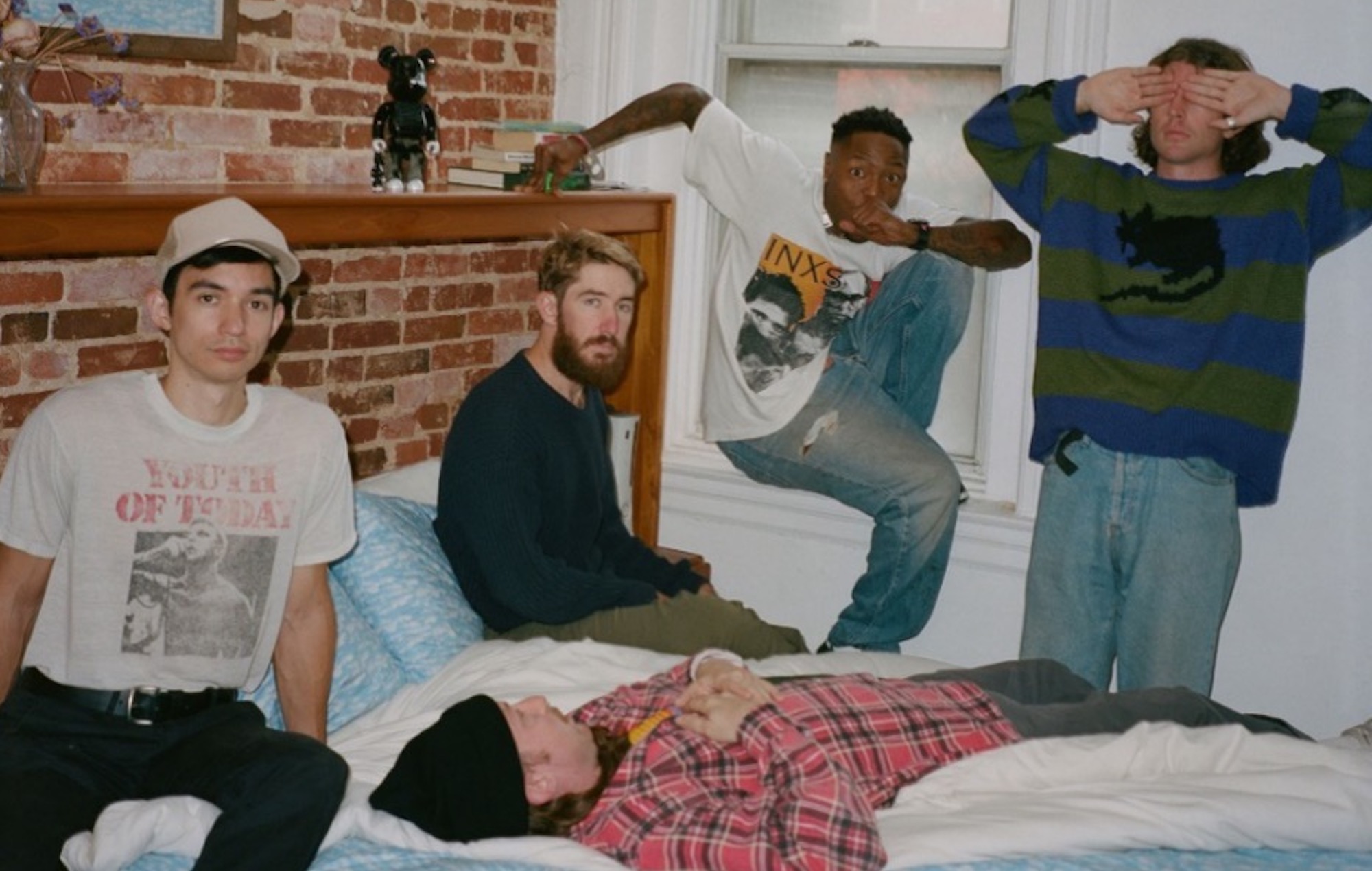
“It’s a natural result of being interested,” expresses Yates. “Whether it’s the kind of places we play, the opportunities we take, the bands we play with—that direction is a result of building the world that you want to see around you.”
Consequently, their touring partners are uniformly diverse: When they get back from playing festivals in Europe, they’ll play US shows with the heartbreak indie rocker Snail Mail and the somewhat indefinable JPEGMAFIA.
The members are in their early thirties, just old enough to remember the early days of uploading music online. They all tell a similar story: someone in their life introduced them to a cool sound and from that, they went on to explore for themselves. For Yates, it was his – at the time – the twenty-year-old sister who presented him with everything from Metallica to Busta Rhymes. He also shared that he used to call his local radio station repeatedly to request “Breathe” by the Prodigy so that he could tape it on his cassette recorder.
For Fang, “It was my brother who showed me Madball and Minor Threat, and then I had the tools of LimeWire to go hunting on my own. But without someone opening that door in person, I don’t know whether I would have gone down whatever rabbit hole”a combination of word-of-mouth and internet means”. Dig as deep as you like. Even if you hear that, you can suddenly have hope. Yes, it is. The ability of streaming companies to shape our culture goes beyond the rational logic of our platform objectives. But if you’re lucky and you have older people who are cool and invite you to try new or different things, you should avoid all the algo pops and find the music you really like.
Alternatively, you can write it yourself. “Something like music genres, or the idea of hardcore music, is something that people think of as this thing—this disconnected, abstract thing—that they follow,” says Yates, “when in reality, whatever that is, is whatever the people that make it up are. If you ask, where is hardcore music going, you should be asking, where are the people going?”

